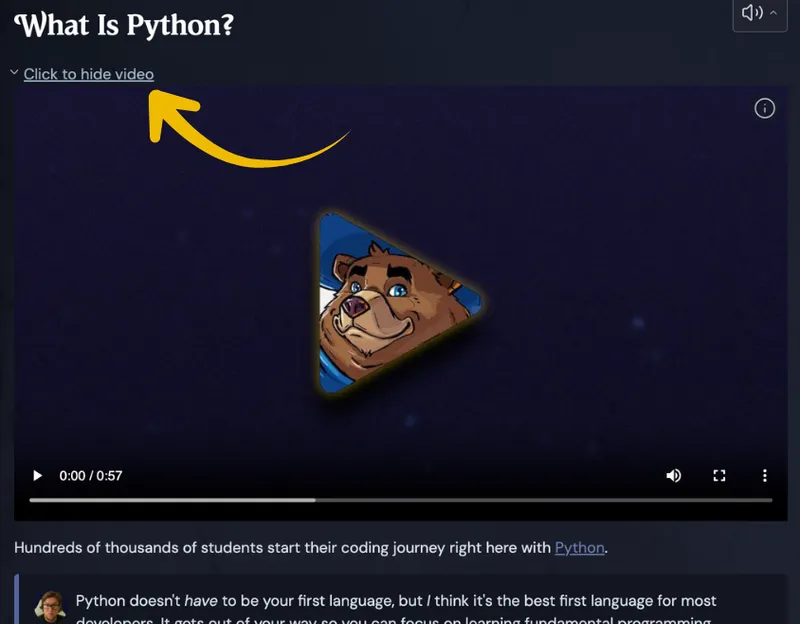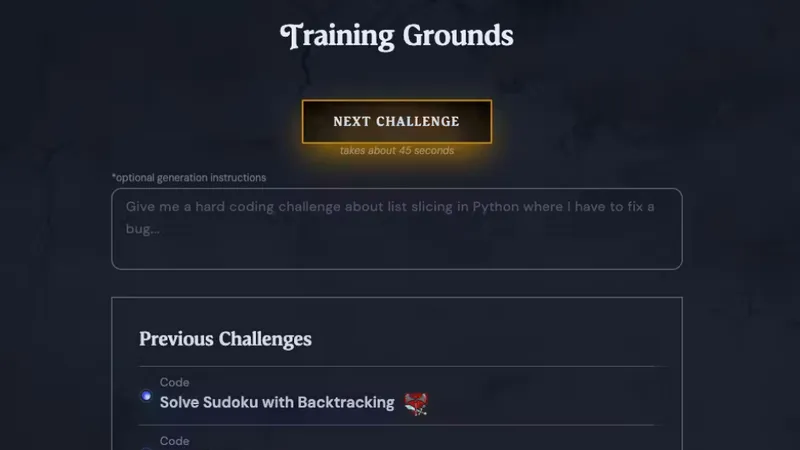Isaac’s new Retrieval Augmented Generation (RAG) course is now live! It’s a very in-depth course. It’s not for the faint of heart, and it will teach you not just about AI search, but full keyword and semantic search systems as well… the “RAG” name actually sells it a bit short.
Enthusiastically, Lane
Patch notes 🔗
1. New Retrieval Augmented Generation (RAG) Course 🔗
Isaac Flath’s new RAG course in Python is finally here! This is a massive course that covers everything you could want to know to have a deep understanding of the different types of search engine systems. Of course, the focus at the end is integrating AI into search, but really a whole lot more than that is covered throughout the course. Here’s the chapter list for you:
- Preprocessing: Normalize and clean raw corpora so they are ready for indexing and downstream retrieval tasks.
- TF-IDF: Construct inverted indexes and weighting schemes so keyword search can rank documents effectively.
- Keyword Search: Tune keyword retrieval with BM25 refinements and metadata boosts to improve lexical relevance.
- Semantic Search: Apply embeddings, similarity metrics, and vector databases to deliver semantic retrieval and RAG responses.
- Chunking: Partition documents into context-preserving segments so RAG pipelines can retrieve the right snippets efficiently.
- Hybrid Search: Blend lexical and semantic scores into unified retrieval pipelines that boost ranking quality.
- LLMs: Leverage large language models to expand queries, correct intent, and orchestrate retrieval workflows.
- Reranking: Re-score retrieved candidates with rerankers to surface the most relevant answers.
- Evaluation: Measure retrieval precision, recall, and relevance so you can systematically improve RAG performance.
- Augmented Generation: Combine retrieved context with LLMs to synthesize coherent, grounded answers for end users.
- Agentic: Deploy autonomous agents that iteratively refine queries and navigate complex retrieval workflows.
- Multimodal: Extend RAG to images and other modalities with multimodal embeddings and cross-modal retrieval.
Isaac has worked as a consultant and the head of data science in multiple organizations, and he does a fantastic job of explaining the concepts in this Python course.
2. Pregenerated Challenges in the Training Grounds 🔗
As we mentioned when launching the Training Grounds, one of the only downsides to infinite personalized practice challenges is… waiting for the challenges to generate! So, you’ll now notice that every so often (based on your activity in the courses), challenges are automatically pregenerated for you in the background. When you navigate to the “Training” tab, you’ll see a list of the challenges that were specifically generated for you. Of course, if you want a fresh one, you can always generate one on the spot with a custom prompt, and you can also search through the entire library of challenges that were generated by other students. Enjoy!
3. In-Lesson Videos Now Collapsible 🔗
In-lesson videos can now be collapsed so that when you’re done watching you can free up space for the assignment text. A small but important quality of life improvement. There’s also a new default thumbnail, complete with Boot’s face in the play triangle.

4. Big Updates to the “How to Find a Programming Job” Course 🔗
Things have changed in the job market in the last few years - but honestly less than you’d probably think. Regardless, we went through all the lessons in the “how to find a job” course and updated them! Some of it was just minor improvements, but we also updated some of our recommendations around cold applications vs. warm referrals to match the ever-changing strategies for getting your foot in the door. I also have some video additions planned for this course, so be on the lookout for those when they drop (they’ll be on YouTube and TikTok as well of course)
5. Miscellaneous Improvements 🔗
- Speed improvements to the “Boots interview” lessons (and even more speed improvements coming soon)
- You can now listen to Boots’ interview responses
- New lesson introducing the Training Grounds
- Boot.dev CLI now renders the command it’s running before it runs it (useful for long-running commands)
- Boots can now automatically submit lesson feedback on your behalf
- Quality improvements made to text-to-speech voices
What Is Yet to Come 🔗
- A new logging and telemetry course
- A web security in TypeScript course
- A cloud infrastructure (AWS) course
- A Bash course
- More data analytics courses
- Improvements to spellbooks and lesson search




